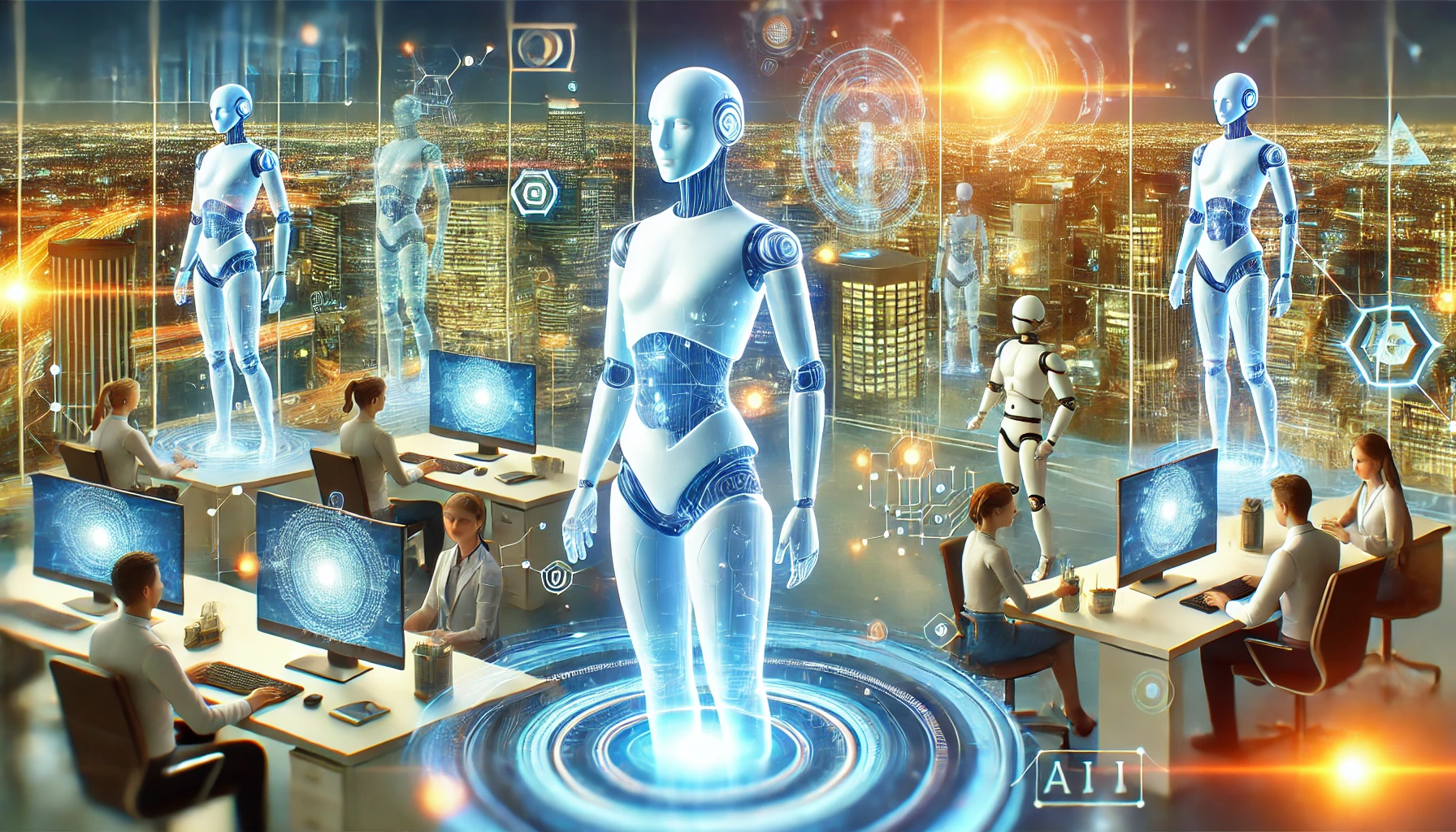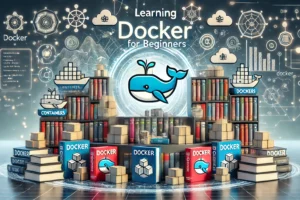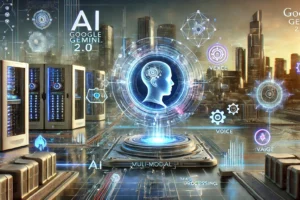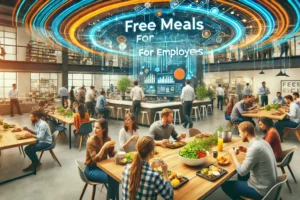
AI Agents: The Workforce Revolution Sam Altman Predicts for 2025
AI Agents: The Workforce Revolution Sam Altman Predicts for 2025
The rapid evolution of artificial intelligence (AI) is setting the stage for a transformative shift in the global workforce. According to Sam Altman, CEO of OpenAI, the integration of AI agents into the workforce by 2025 will mark a pivotal moment in human productivity and redefine the way businesses operate.
AI Agents Entering the Workforce
Altman envisions AI agents as not just tools but active participants in the workforce. These intelligent systems, powered by advanced machine learning and natural language processing, are expected to assist humans in tasks ranging from administrative duties to strategic decision-making.
- What are AI Agents?
AI agents are autonomous systems capable of understanding tasks, analyzing data, and taking action to achieve predefined goals. Unlike traditional software, AI agents can learn and adapt, making them versatile assets in various industries. - Expected Applications in 2025:
- Handling routine and repetitive tasks, such as scheduling and report generation.
- Assisting professionals in coding, research, and design through advanced generative AI tools.
- Personalizing customer service by providing real-time, intelligent responses.
Impact on Workforce Productivity
Altman emphasizes that AI agents will amplify human productivity rather than replace it. By taking over mundane tasks, these agents will free up employees to focus on creative and strategic work, ultimately enhancing output across industries.
Key Benefits:
- Increased Efficiency:
AI agents can process vast amounts of data quickly and accurately, reducing time spent on manual tasks. - Enhanced Decision-Making:
With predictive analytics, AI agents can offer actionable insights, improving business outcomes. - Skill Augmentation:
AI agents will work alongside humans, augmenting their abilities and enabling them to perform complex tasks more effectively.
Challenges and Ethical Considerations
While the potential of AI agents is undeniable, their integration into the workforce also brings challenges:
- Job Displacement Concerns:
Automation might render certain roles obsolete, necessitating reskilling initiatives. - Ethical Issues:
Questions about data privacy, bias in AI decisions, and accountability need robust solutions. - Regulatory Oversight:
Governments and organizations must establish clear guidelines to ensure fair use of AI agents.
Altman acknowledges these concerns and stresses the importance of developing AI responsibly.
A New Era of Collaboration
Altman’s prediction for 2025 isn’t just about machines taking over tasks—it’s about fostering a new era of collaboration between humans and intelligent systems. The synergy of human creativity and AI efficiency could unlock unprecedented levels of innovation and economic growth.
Industries Likely to Benefit:
- Healthcare: AI agents assisting in diagnostics and treatment plans.
- Education: Personalized learning paths tailored to individual students.
- Finance: Advanced risk analysis and fraud detection.



